INDL 8 conference
Contesting Digital Labor: Resistance, counter-uses, and new directions for research
10-12 September 2025, Bologna
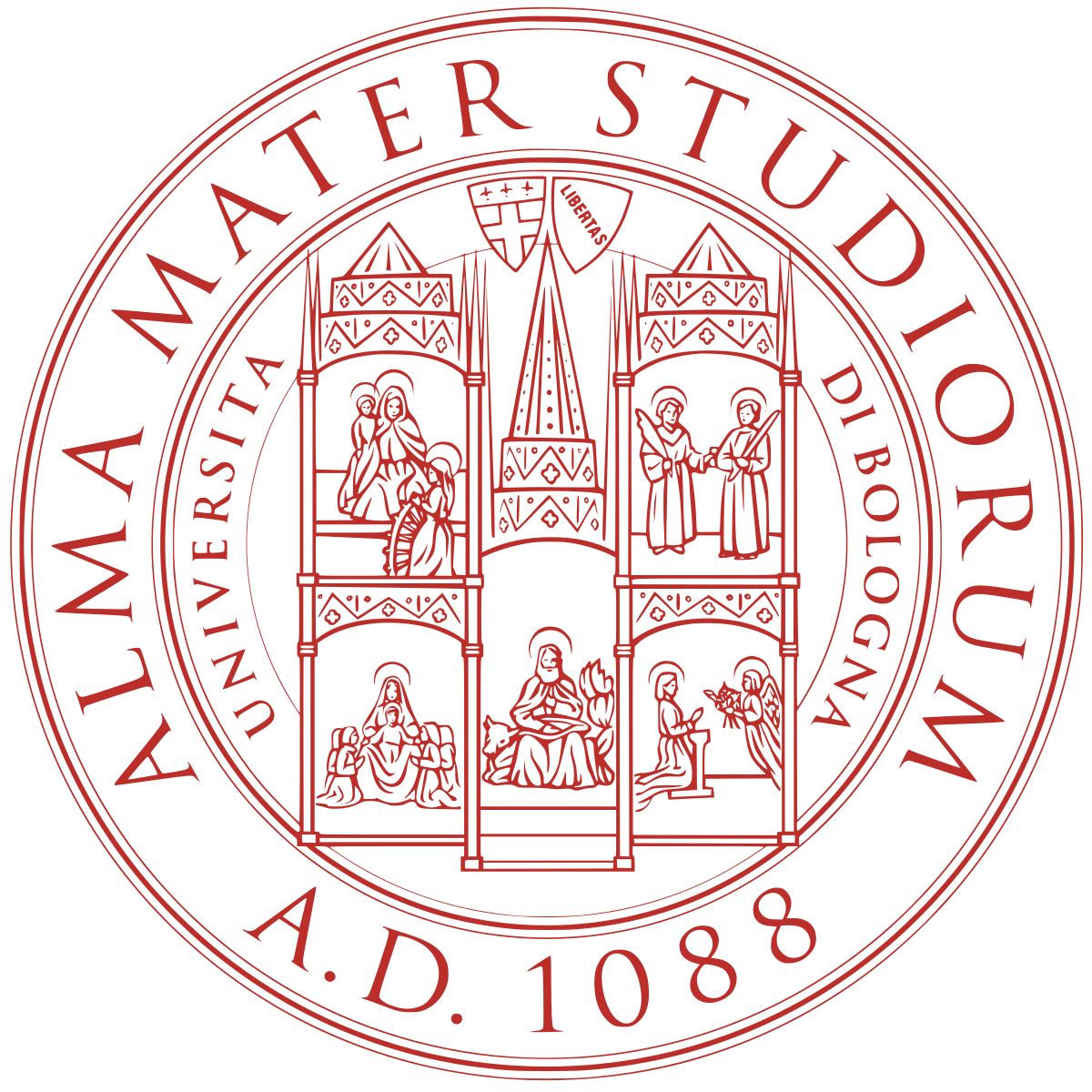
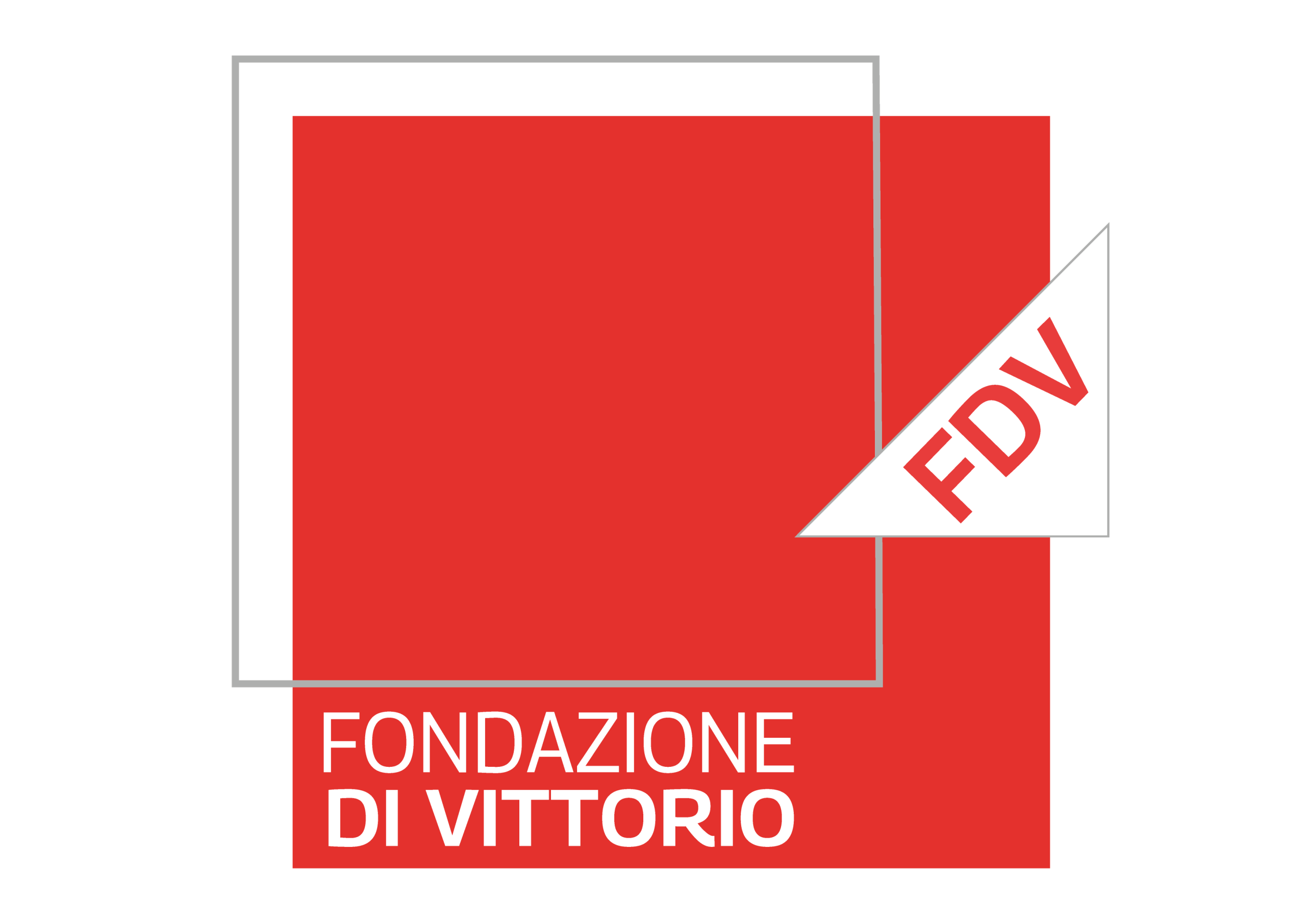

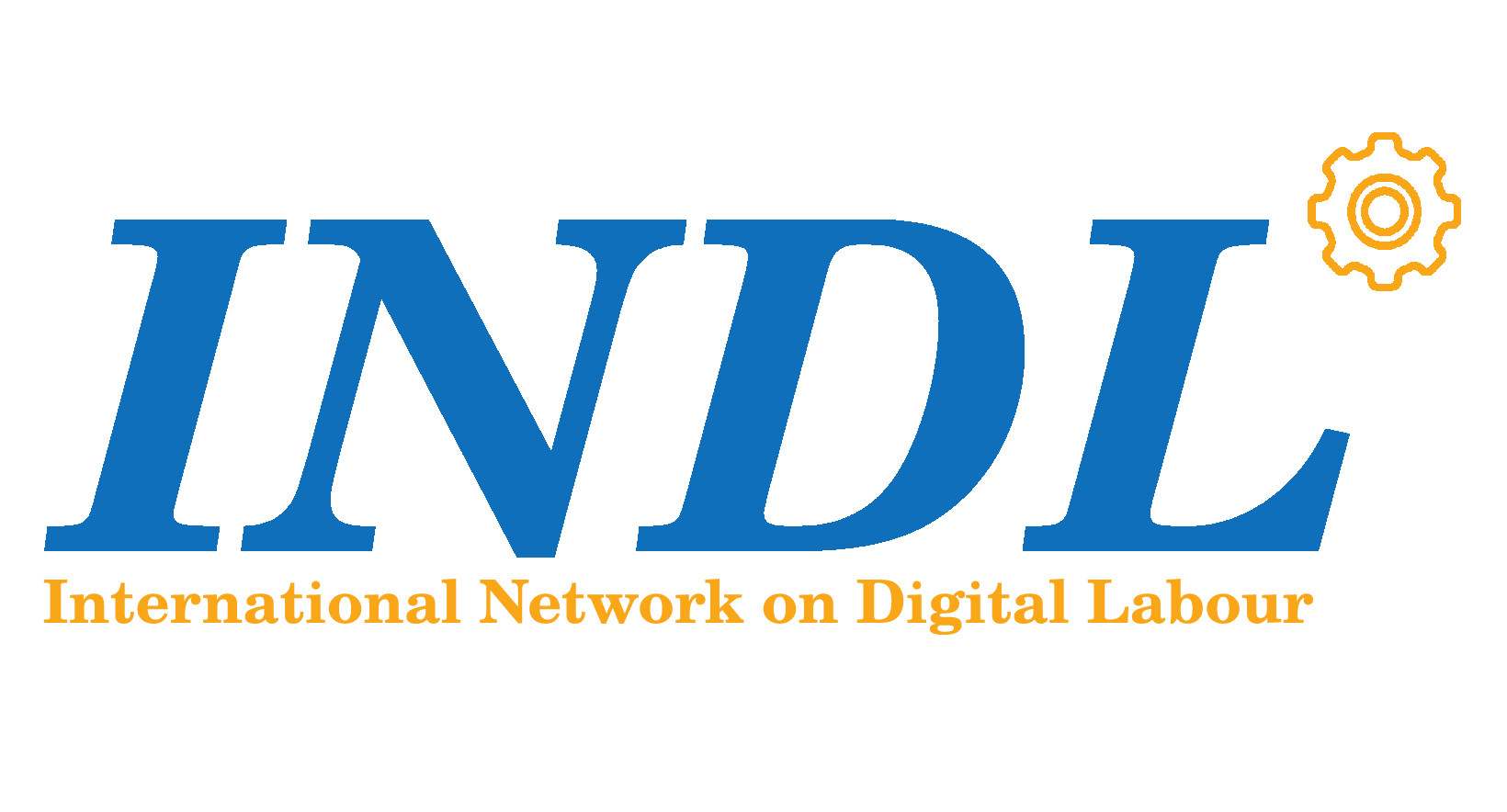


Keynote Speakers
Sarah Roberts
The Hydra of Artificial Intelligence: Labor Devaluation and Erosion of Human Agency
Abstract: AI is a shapeshifting beast that assumes different configurations according to context and audience, creating a barrier to the development of unified opposition strategies. Its polymorphic nature recalls the mythical Hydra of Lerna, whose multiple heads regrew when severed, symbolizing the impossibility of definitively neutralizing the threat through conventional approaches. Prof. Sarah T. Roberts analyzes AI not as neutral technological innovation but as a systematic mechanism for labor devaluation. Within capitalism, the primary objective of this technology consists in progressively reducing labor costs toward zero, utilizing automation as its main instrument. This tendency inscribes itself within broader dynamics of marginalization affecting millions, categorized as migrants, refugees, and minorities, excluded from formal labor markets and progressively criminalized. The present state of AI generates a fundamental structural contradiction: while the technology promises to replace human labor, its implementation simultaneously requires an enormous workforce of content moderators, data cleaners, algorithmic adversarial trainers, and human feedback providers. These workers represent the system’s core paradox. The Hydra that should eliminate human labor feeds precisely on such labor to perpetuate its existence. This contradiction raises critical questions about the potential for resistance within AI systems themselves. Does the mass of workers necessary for AI operation constitute both the system’s material base and its possible dialectical negation? Can the material conditions of AI production generate forms of organized opposition capable of transcending the sectoral and geographical fragmentation that characterizes contemporary digital labor?
Sarah T. Roberts is a Professor at UCLA (Gender Studies, Information Studies, Labor Studies). She is the faculty director and co-founder of the UCLA Center for Critical Internet Inquiry (C2i2), co-director of the Minderoo Initiative on Technology & Power, and a research associate of the Oxford Internet Institute. Her book, Behind the Screen: Content Moderation in the Shadows of Social Media (Yale University Press, 2019), was released in paperback with a new preface in 2021, and in translation in French (2020) and in Mandarin (2023).
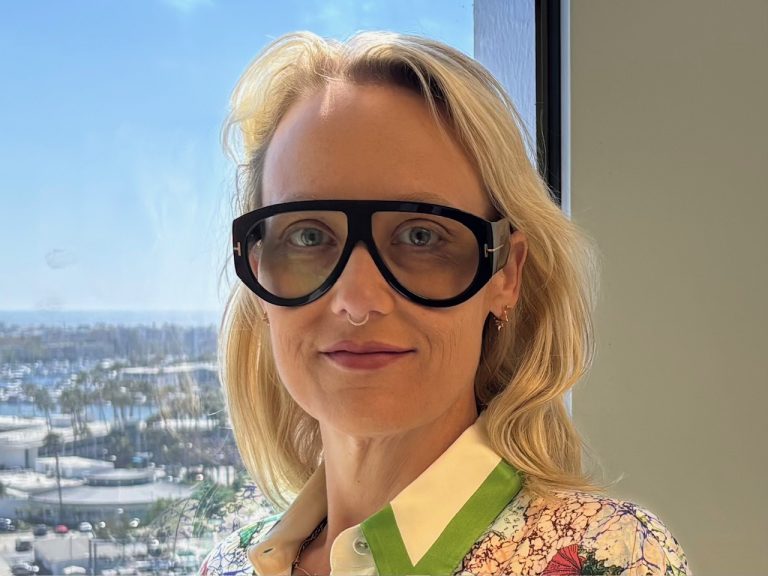
María Luz Rodríguez
Ownership and monetisation of workers' personal data
Abstract: Thousands of workers around the world are subject to algorithmic management of their work, especially on digital platforms. Companies capture workers’ personal data and feed it into algorithms that organise work. This operation allows them to be more efficient in the market, since the information extracted from workers’ personal data allows them to adjust the supply and demand of goods and services in real time. This translates into huge corporate profits, which do not in any way benefit the workers who ‘produced’ the data that allows companies to be more efficient and make greater profits.
In view of the above, some authors have long wondered whether it would be possible to recognise workers’ property rights over their personal data, so that they can obtain financial compensation for the “alienation” of their personal data to companies. As Viljoen has pointed out, the recognition of this right ‘responds to an important claim of injustice levied against the digital economy: that individuals play a role in generating a materially valuable resource from which they see no value [as well as] to frustration over the wealth amassed by companies that harvest data for which they pay nothing’ (Viljoen 2021, 621).
However, there are many technical and, above all, ethical objections to this idea. The most relevant of these is that the recognition of a property right legitimises the capture and economic exploitation of data by companies, without the financial compensation received for the ‘transfer’ of personal data being able to repair the damage this causes to the autonomy and well-being of individuals (Bietti 2019; Viljoen 2021; Cofone 2021).
The paper aims to address whether it is possible to reconcile both views of property rights over personal data. To this end, it proposes: 1) to investigate whether, as some authors do, it is possible to differentiate between personal data and data derived from personal conduct in order to recognise a property right exclusively over the latter; 2) explore the possibilities of recognising intellectual property rights of workers over their personal data; 3) identify whether, on the basis of the recognition of intellectual property rights, it is feasible for workers to participate to some extent in the profits of companies; and 4) investigate whether financial compensation, rather than being negotiated individually by each worker, can be negotiated by organisations representing the interests of workers.
Luz Rodríguez is Professor of Labour Law at the University of Castilla-La Mancha (España) and leads the research for the European project GDPoweR-Recovering workers data for the negotiate and monitor collectivive agreements in the platform economy. She has worked for the International Labour Organisation as a Senior Specialist in Labour Market Institutions and has prepared the global report ‘Decent work in the platform economy’ for this organisation. She is the author of over 200 publications, the latest of which is her book Labour Law and Decent Work in the Platform Economy (Routledge 2025). She is considered one of the leading experts in research on the impact of technology on work and social protection, particularly in relation to workers’ digital rights and work in the platform economy.

Sandro Mezzadra
Beyond Resistance. Digital Labor, Social Cooperation, and Infrastructural Struggles
Sandro Mezzadra works as a Professor of Political Theory, Università di Bologna, Department of Arts, Italy. Among his books: Border as Method, or, the Multiplication of Labor (with Brett Neilson, 2013), The Politics of Operations. Excavating Contemporary Capitalism (with Brett Neilson, 2019), Bolivia beyond the Impasse (with Michael Hardt, 2023), The Rest and the West. Capital and Power in a Multipolar World (with Brett Neilson, 2024).
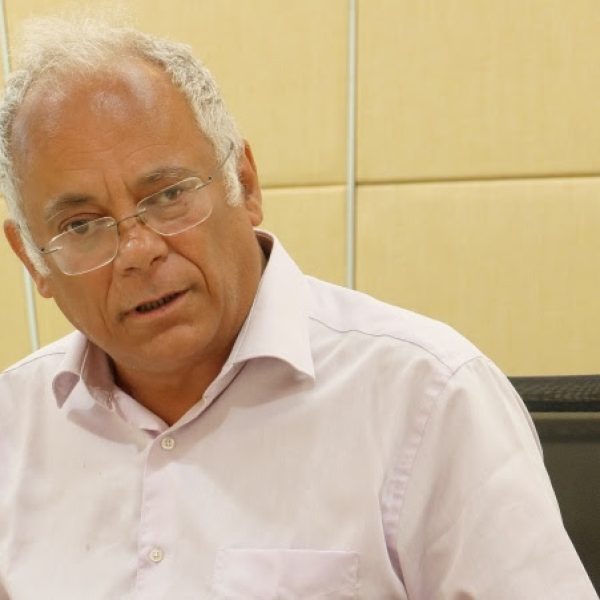
Plenary panel: Emerging and legacy unionization for digital workers
Beyond Resistance. Digital Labor, Social Cooperation, and Infrastructural Struggles
The second day of the conference will feature a special panel on unions and digital workers, featuring local union leaders in conversation with global activists.
The panel discussion will be in Italian and English, with an interpretation service.

Joan Kinyua, Data Labelers Association
President of the Data Labeler Association, Joan Kinyua is a digital rights activist focusing on empowering individuals and communities by ensuring their voices are heard in conversations about AI policies, digital labor, and the future of work.
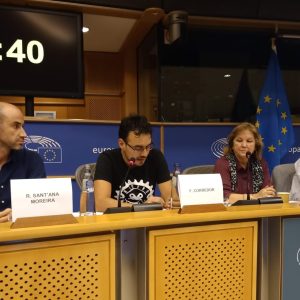
Felipe Corredor Álvarez, Riders x Derechos
Felipe Corredor Álvarez is a former Deliveroo rider in Barcelona, he co-founded and serves as spokesperson for the activism platform Riders x Derechos, working hand in hand with unions denouncing the dangers of uberization and pushing for improvements in labor regulation. He is also part of the Observatory of Work, Algorithm and Society (TAS), which analyzes the impact of algorithmic management on labor rights, pushing for lawsuits and regularization of workers. He holds a PhD in Social Psychology from the Universitat Autònoma de Barcelona and lectures at the Universitat Oberta de Catalunya.

Kauna Ibrahim Malgwi, Spokesperson, UniGlobal, Nigeria
Kauna Malgwi is a Nigerian labor organizer and a leading voice in the emerging African Content Moderator Union, which advocates for the rights of digital workers in Kenya and Nigeria. She rose to international prominence after filing a landmark lawsuit against Facebook over human and labor rights abuses—a case that drew global attention to the difficult working conditions in the tech industry. Malgwi has addressed the European Parliament, urging stronger protections for online labor, and was named by Time magazine as one of the 100 most influential people in AI.
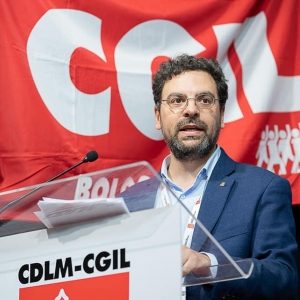
Michele Bulgarelli, General secretary of CGIL Bologna, Italy
Michele Bulgarelli is the General Secretary of the Bologna Chamber of Labour of CGIL (Confederazione Generale Italiana del Lavoro). CGIL is a general and confederal union with 5 million members at national level and 150,000 in the Bologna metropolitan area. Bulgarelli joined CGIL after his involvement in the student and the alter-globalization movement, participating to the Italian Federation of Metalworkers (FIOM) in key sectors such as packaging and the automotive industry in the Bologna area (as Volkswagen, Ducati and Lamborghini). Since 2023, he has been General Secretary of the CGIL of Bologna, a city characterized by renewal experiences of trade union actions and bargaining at company and social levels.
INDL-8 Conference venue map
INDL-8 will take place across three venues:
-
Venue A – Santa Cristina della Fondazza (Piazza Giorgio Morandi 2)
-
Venue B – Palazzo Hercolani (Strada Maggiore 45)
-
Venue C – Dama Tecnopolo (Via Stalingrado 84/3)
Conference schedule by Venue:
-
10 September – Venues A & B
-
11 September – Venue C
-
12 September – Venues A & B
👉 Special schedule for 11 September:
Please note that the second day of the INDL-8 Conference (11 September) will take place at a special venue, the DAMA Tecnopolo (Venue C), just a few bus stops from the city center.
⚠️ Meeting Point & Time
Punctuality matters: arriving on time ensures a smooth start for everyone.
Please meet us at Piazza XX Settembre (in front of the “Autostazione”) at 8:00 AM.
⚠️ Getting there
From there, we will travel together to the Tecnopolo by:
– Shuttle service (priority for participants with accessibility needs; limited to 50 seats)
– Public transport (Bus No. 25 – Dozza/Gomito, stop Casoni + 5-minute walk)
⚠️ Important:
– To request a seat on the shuttle, please complete the Shuttle Service Form in advance
Newsletters and info

Dear participants,
Only 60 days to go until the start of INDL 8 “CONTESTING DIGITAL LABOR: RESISTANCE, COUNTER-USES, AND NEW DIRECTIONS FOR RESEARCH”
It’s going to be a great time in Bologna, and the organizing committee is really looking forward to you coming.
Below, you’ll find updates on the program, keynotes, venues, directions, accommodation, and registration.
Remember: Registration ends on August 20, 2025, so don’t forget!
INDL 8 Program
Here’s some fresh insight on the program we’d like to share with you.
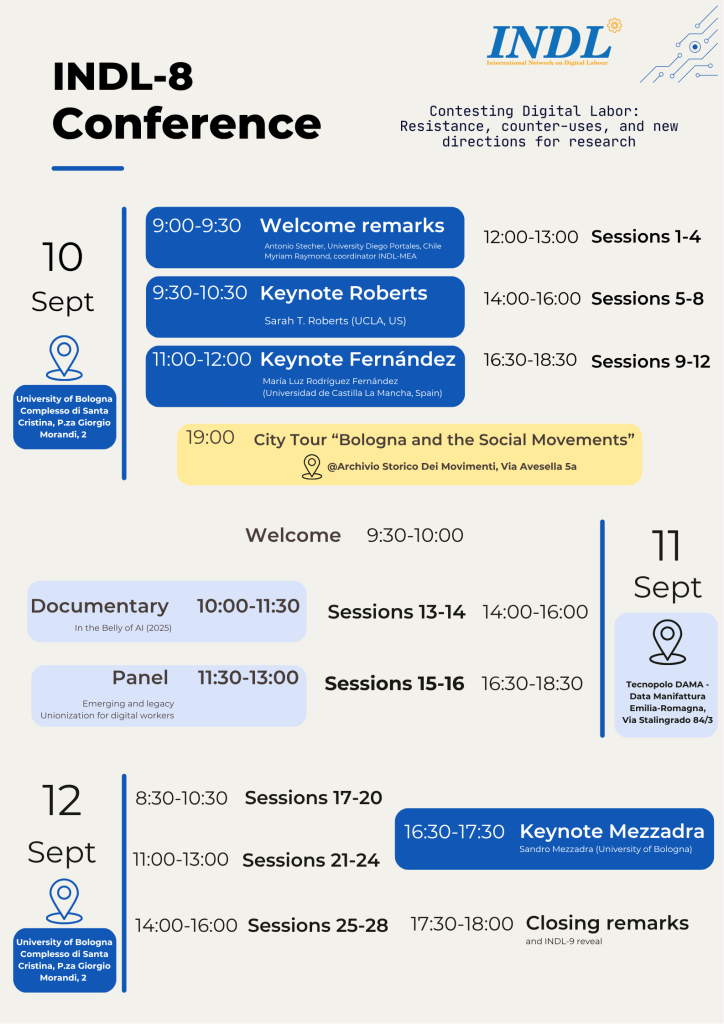
Keynote Speakers
Sarah T. Roberts (UCLA, US) “The Hydra of Artificial Intelligence: Labor Devaluation and Erosion of Human Agency”
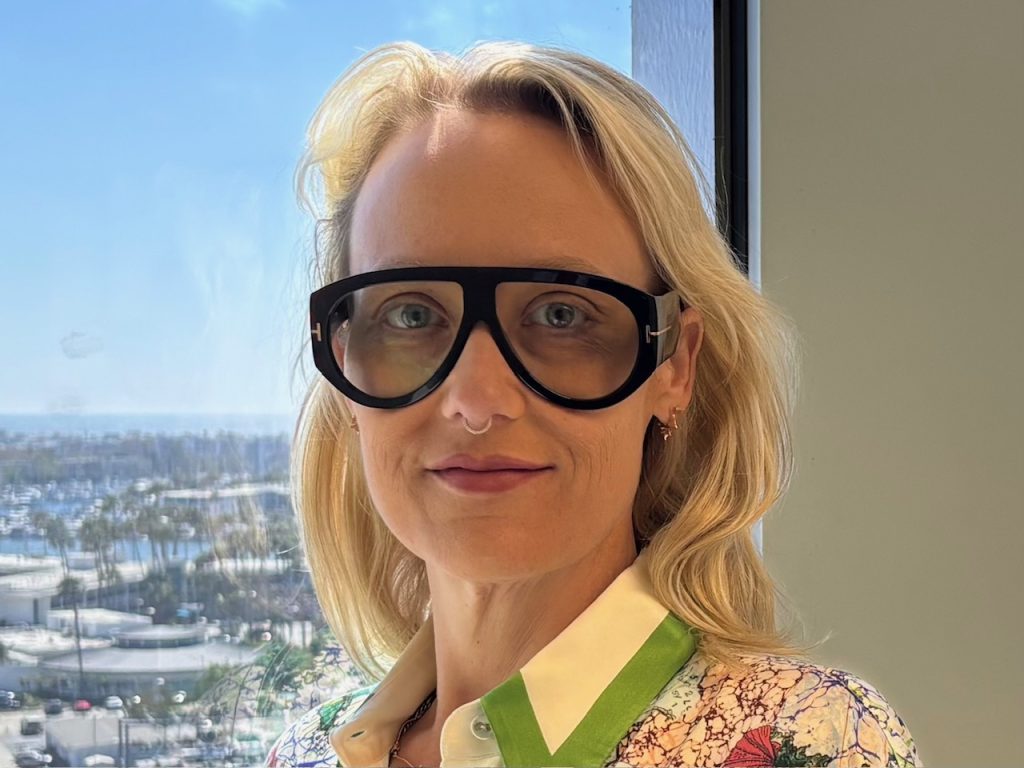
Professor at UCLA (Gender Studies, Information Studies, Labor Studies). She is the faculty director and co-founder of the UCLA Center for Critical Internet Inquiry (C2i2), co-director of the Minderoo Initiative on Technology &Power, and a research associate of the Oxford Internet Institute. Her book, Behind the Screen: Content Moderation in the Shadows of Social Media (Yale University Press, 2019), was released in paperback with a new preface in 2021, and in translation in French (2020) and in Mandarin (2023).
Maria Luz Rodríguez Fernandez (Universidad de la Castilla La Mancha, Spain): “Property rights and monetisation of the personal data of platform workers”
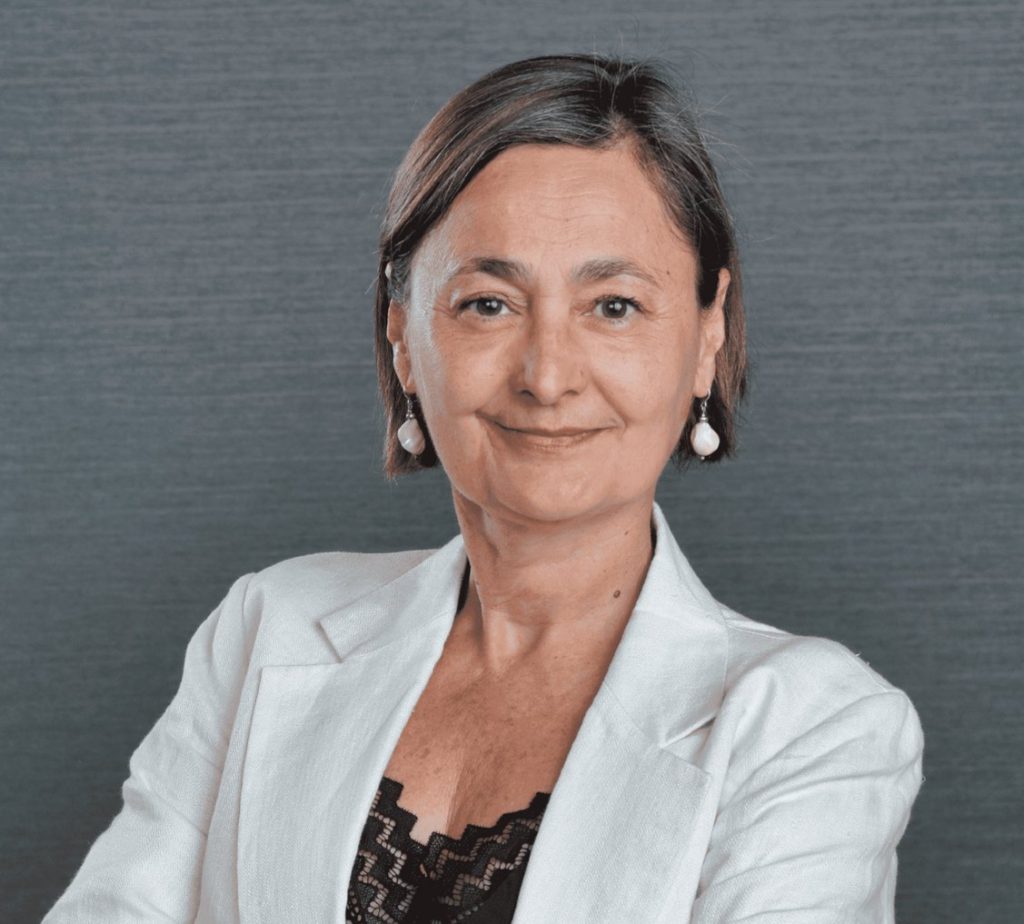
Professor of Labour Law at the University of Castilla-La Mancha (España) and leads the research for the European project GDPoweR-Recovering workers data for the negotiate and monitor collectivive agreements in the platform economy. She has worked for the International Labour Organisation as a Senior Specialist in Labour Market Institutions and has prepared the global report ‘Decent work in the platform economy’ for this organisation. She is the author of over 200 publications, the latest of which is her book Labor Law and Decent Work in the Platform Economy (Routledge 2025). She is considered one of the leading experts in research on the impact of technology on work and social protection, particularly in relation to workers’ digital rights and work in the platform economy.
Sandro Mezzadra (University of Bologna): “Beyond resistance.Digital Labor, Social Cooperation and Infrastructural Struggles”

Professor of Political Theory, Università di Bologna, Department of Arts, Italy. Among his books: Border as Method, or, the Multiplication of Labor (withBrett Neilson, 2013), The Politics of Operations.Excavating Contemporary Capitalism (with Brett Neilson, 2019), Bolivia beyond the Impasse (with Michael Hardt, 2023), The Rest and the West. Capital and Power in a Multipolar World (with Brett Neilson, 2024).
Panelists
On the second day, @Dama Tecnopolo will also host an Emergency and Legacy Unionization of Digital Workers, featuring global activists.
Joan Kinyua (Data Labelers Association)

President of the Data Labeler Association, Joan Kinyua is a digital rights activist focusing on empowering individuals and communities by ensuring their voices are heard in conversations about AI policies, digital labor, and the future of work.
Felipe Corredor Álvarez (Riders x Derechos)
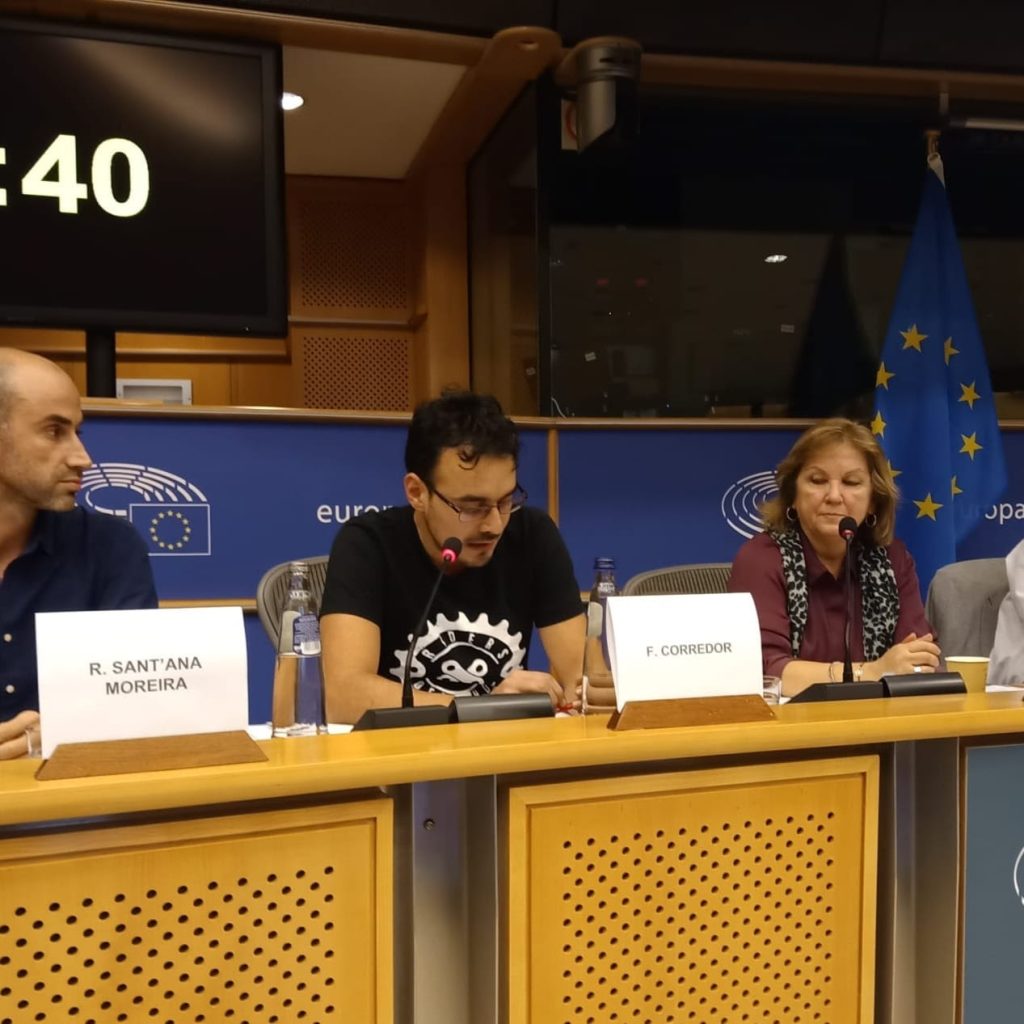
Felipe Corredor Álvarez is a former Deliveroo rider in Barcelona, he co-founded and serves as spokesperson for the union activism platform Riders x Derechos, working hand in hand with unions denouncing the dangers of uberization and pushing for improvements in labor regulation. He is also part of the Observatory of Work, Algorithm and Society (TAS), which analyzes the impact of algorithmic management on labor rights, pushing for lawsuits and regularization of workers. He holds a PhD in Social Psychology from the Universitat Autònoma de Barcelona and lectures at the Universitat Oberta de Catalunya.
Conference Venues
Santa Cristina “della Fondazza” – P.za Giorgio Morandi, 2

Originally a monastery of the Camaldolese nuns, this venue was renovated at the end of the 15th century. Its large quadrangular cloister is richly decorated, and there’s a fresco of the Crucifixion from the school of Lorenzo Costain in the refectory. After its restoration in 2004, it is now part of the University of Bologna. Here we will hold parallel sessions, a plenary session, and coffee breaks in its breathtaking cloister.
Palazzo Hercolani – Strada Maggiore 45
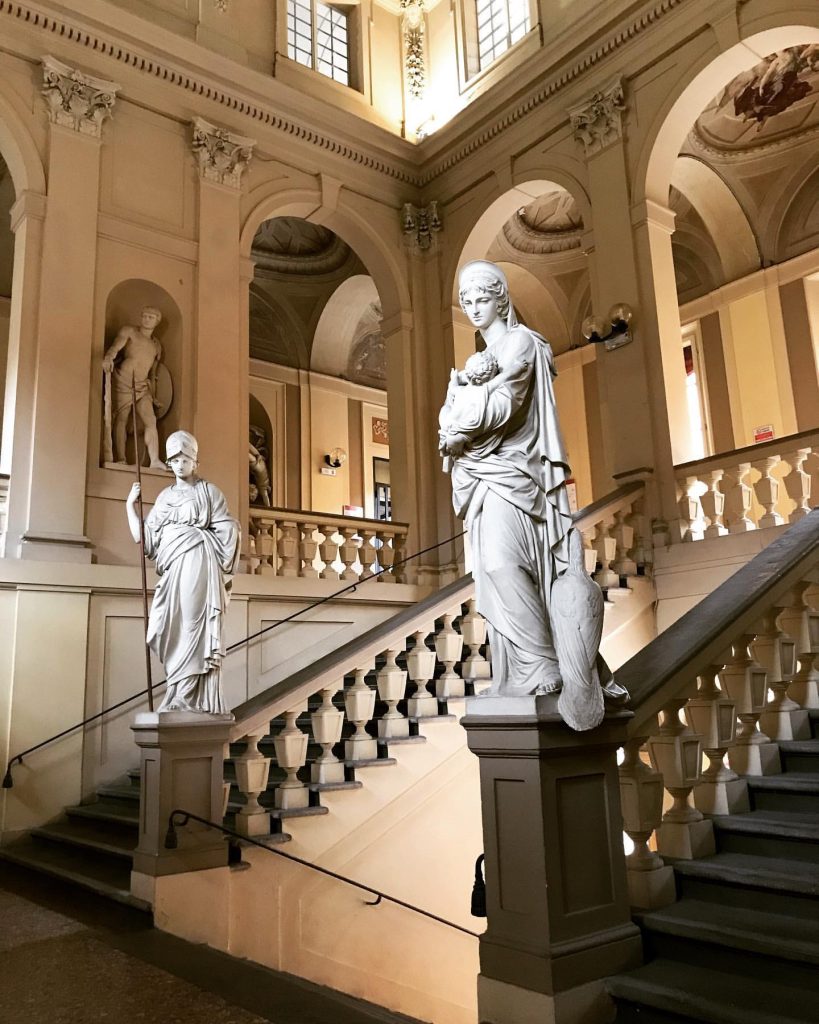
Built at the end of the 18th century by the architect Angelo Venturoli, it has been part of the University of Bologna since 1973. This late-Baroque palace will host some of our plenary sessions.
DAMA Tecnopolo Data Manufactury – Via Stalingrado 84/3
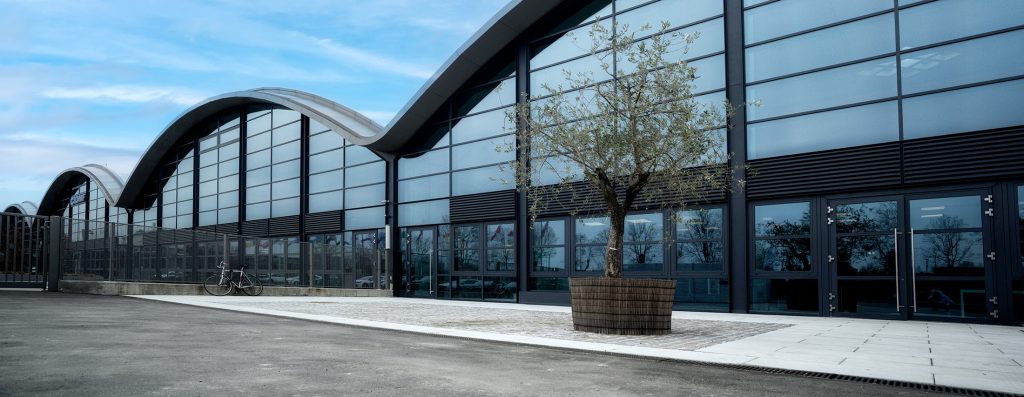
Built in 2024 on the venue that was the city’s tobacco manufacture, it represent one of the main international hub for Big Data and Artificial Intelligence. The second day of our conference will be here. It’s not every day you step inside a normally off-limits data center—let alone host a meeting of researchers, workers, and union leaders there.
Special Event
City Tour “Bologna and its Social Movements”
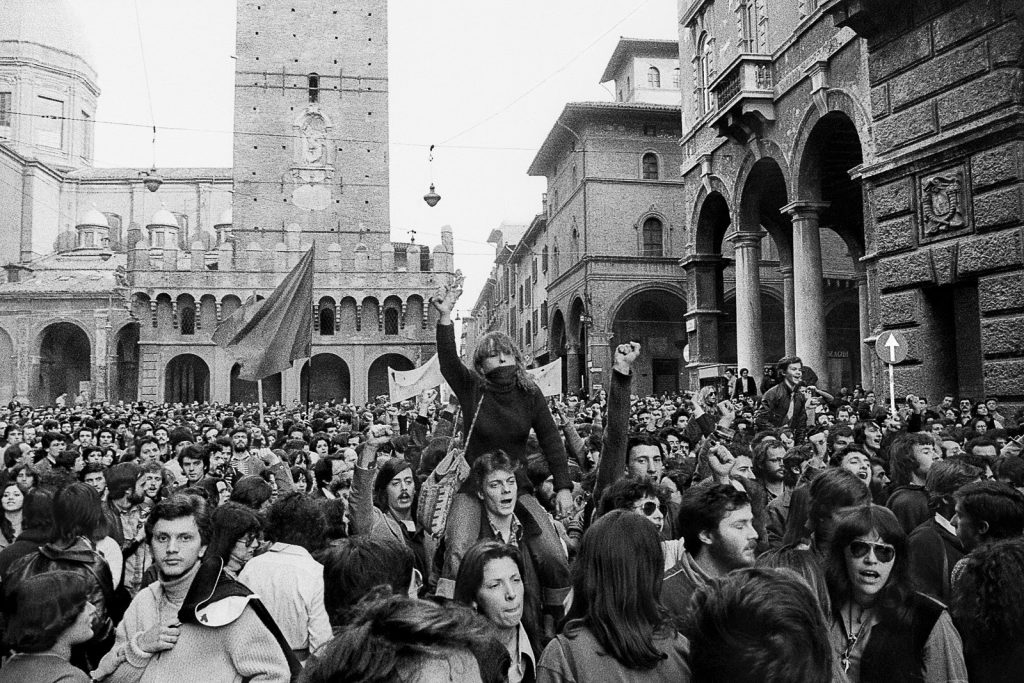
INDL 8 will also offer you the opportunity to take part in an alternative city tour. Bologna is renowned for its rich history of activism and political movements. Thanks to the collaboration with the Archivio Storico dei Movimenti (Historical Archive of Social Movements), we will organize a city tour that will take us through some of Bologna’s most significant sites linked to its countercultural heritage.
Directions
Bologna is well connected with the main transport infrastructures and can be easily reached by plane, train, or car.
By plane

To reach Bologna by airplane, you should fly into the Bologna Guglielmo Marconi Airport (BLQ), which is the city’s main international airport. Direct flights are available from many major European cities (e.g. Paris, London, Frankfurt, Madrid). If you’re coming from outside Europe (e.g. the US, Asia), you may need to connect through a major European hub.
The airport is located just 6 km northwest of Bologna city center. It’s a modern, mid-sized airport with all the usual services: baggage claim, rental cars, taxis, etc.
To reach the city center from the airport, you have three options:
1) Marconi Express Monorail: A fast train that takes you from the airport to Bologna Centrale railway station in about 7 minutes (ticket cost 12,80€)
2) Bus Line Q. It runs every 30 minutes, with a flat urban fare of €2.50, and connects you to the hospital and – during arly or late hours – Bologna Centrale Railway station
3) By Taxi: Costs around €15–€20, takes 15–20 minutes. There is a Taxi hub just outside the airport, or you can call them by phone (051 4590/051 372727) or using the app (Btaxi, ItTaxi, InTaxi)
By train
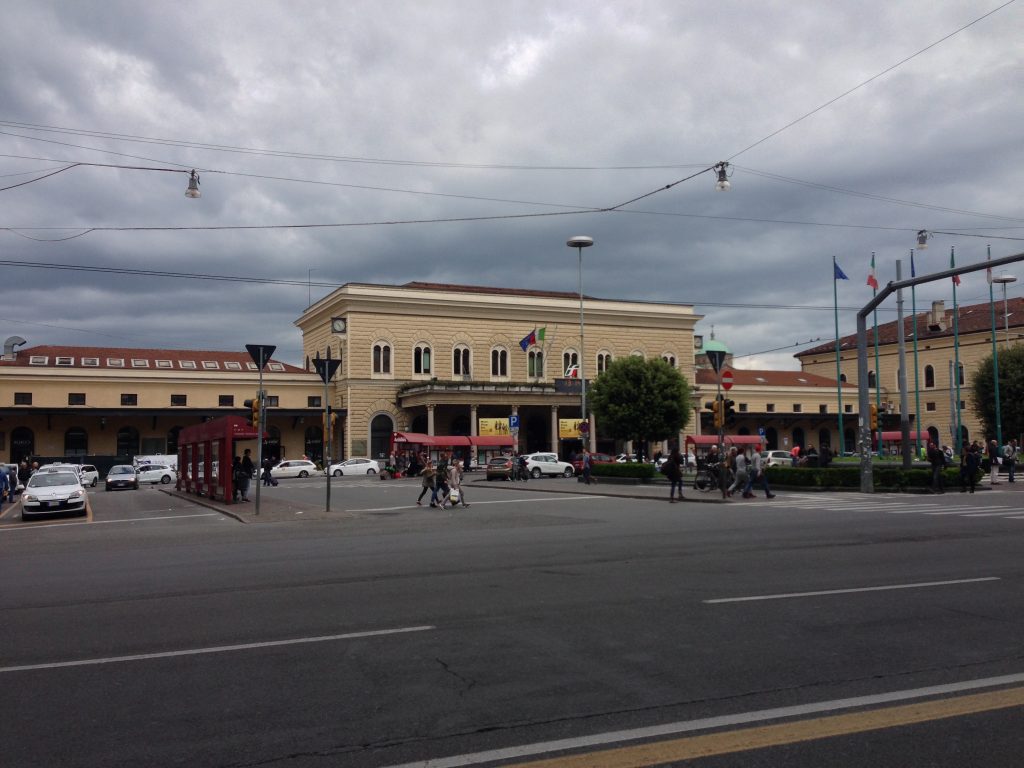
Bologna Centrale is one of Italy’s main railway hubs. High-speed trains (Frecciarossa, Italo, EuroCity) arrive frequently from: Rome (~2h), Florence (~40 min), Milan (~1h), Venice (~1h 30 min). You can buy tickets from Trenitalia and Italo, or on-site machines and counters. If you are planning to come by train, please notice that prices will increase overtime, so make sure you book your train ticket in advance.
The railway station is located very close to the city center. If you take Via dell’Indipendenza, you will need 20 minutes to reach Piazza Maggiore, the main square in Bologna. Otherwise, several bus lines stop in front of the station (Piazza Medaglie d’Oro) lead you to almost every part of the city. You can also find a Taxi hub there.
By car

Bologna is centrally located in northern Italy and is well-connected by major highways (autostrade). Tolls are calculated based on distance. Payment options are in Cash, Credit/debit card, Telepass (for faster toll booth access). You can check estimated toll costs on the website of Autostrade
Accomodation
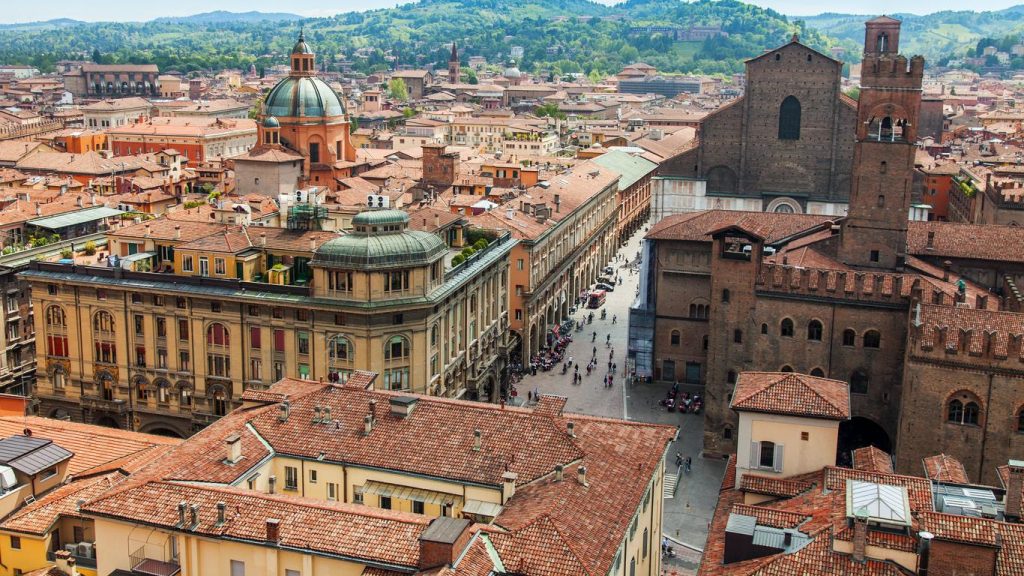
Bologna has only recently become a popular tourist destination. B&Bs and apartments, which are more common than hotels, are therefore the most common accommodations. We recommend booking your stay as soon as possible, as Bologna can get busy, especially in September when many events will crowd the city.
Accommodations in the following neighborhoods are within walking distance of the conference venues:
-
- Santo Stefano
-
- Galvani
-
- University/San Vitale
-
- Quadrilatero
-
- Murri
Here are some nearby hotels:
Hotel San Donato
Hotel Accademia
Hotel Corona d’Oro
Hotel University
Albergo Rossini
B&B online booking services include:
Wonderful Italy (when booking from 8-14 September, use the code”INDL” for 15% off).
Don’t Forget to Register!
INDL 8 is free of charge for participants. However, registration is mandatory. Please click here and follow the instructions to register. You have time until August 20, 2025.
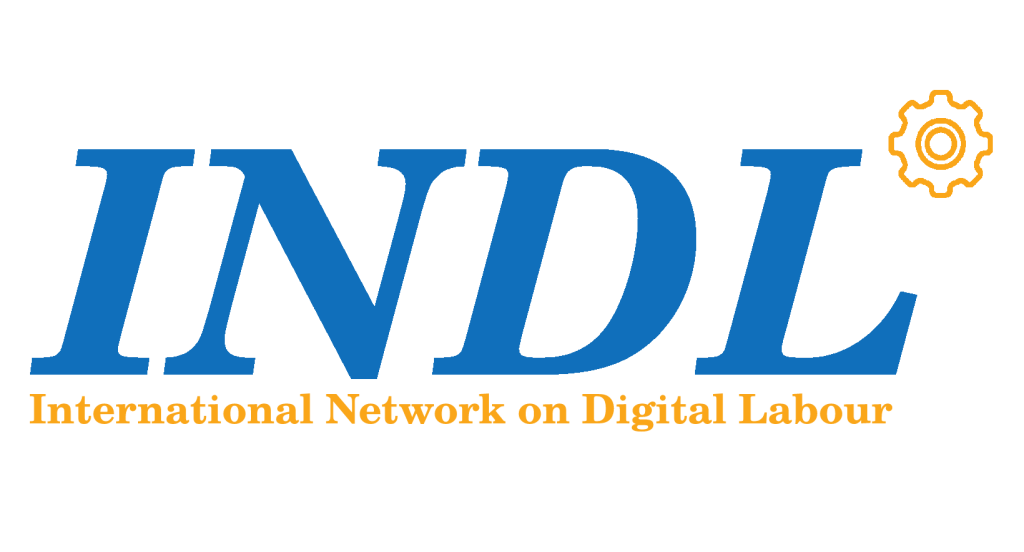


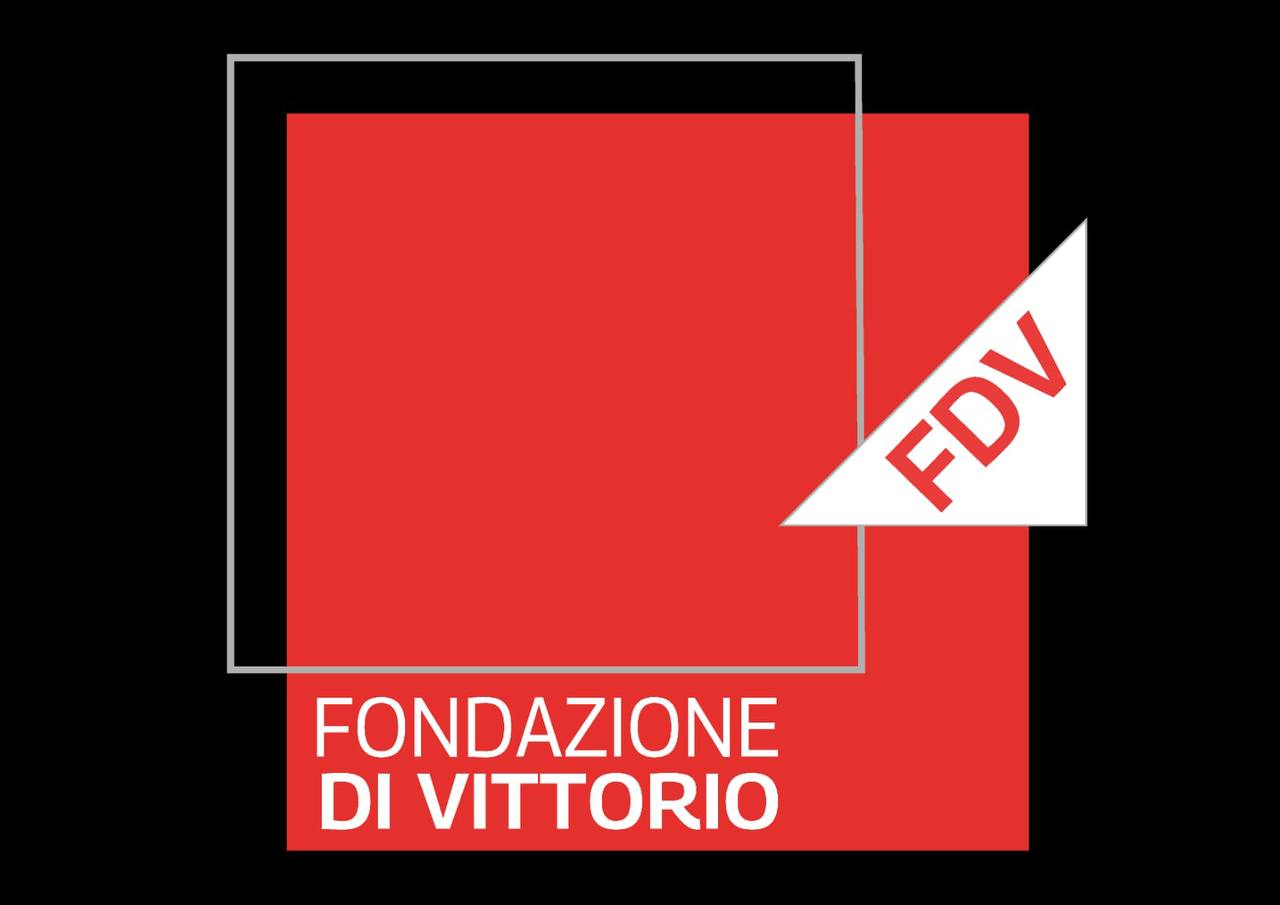




It is now less than a month to go until the start of INDL 8 titled Contesting Digital Labor: Resistance, Counter-uses and New Directions for Research
We are truly delighted to be hosting such a vibrant international community of researchers, practitioners and activists.
We look forward to welcoming you all to this year’s edition.
DON’T FORGET TO REGISTER
The participation to INDL 8 is free, but registration is mandatory. Click the red button to register.
Remember: Registration ends on August 20, 2025
INDL 8 Program
Below, you’ll find INDL 8 program. Sessions are of three types, lasting 1 hour (3 papers), 1.5 hours (4 papers) and 2 hours (6 papers).
In all cases, speakers have max 15 minutes for their presentations. The presenters may use slides (but they are not required to do so).
Questions and answers will be grouped for all the speakers of a session, and will be left for the last part of the session (15 minutes for 1-hour sessions, 30 minutes for all others).
Session chairs will ensure strict respect for these timing rules.
Book your accommodation!
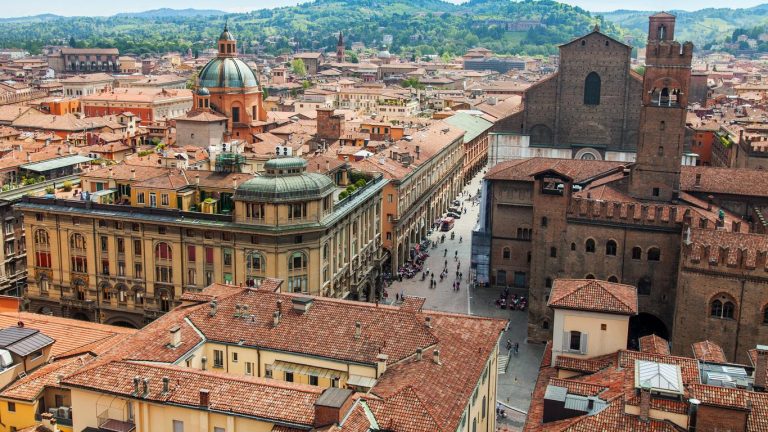
Accommodations are quickly running out. If haven’t booked one already, this is the time to do it. Accommodations in the following neighborhoods are within walking distance of the conference venues: Santo Stefano, Galvani, University/San Vitale, Quadrilatero, Murri
Here are some nearby hotels:
Hotel San Donato
Hotel Accademia
Hotel Corona d’Oro
Hotel University
Albergo Rossini
B&B online booking services include:
Wonderful Italy (when booking from 8-14 September, use the code”INDL” for 15% off).
Scholarships winners announcement

We are thrilled to announce the recipients of this year’s INDL Scholarships! We received an overwhelming number of applications from talented and passionate individuals across diverse backgrounds. Each submission reflected remarkable dedication, creativity, and potential, making the selection process challenging. After careful consideration, we are proud to present the final list of scholarship winners who stood out for their outstanding achievements and promise. The scholarships will be awarded during the opening session of INDL 8. Congratulations to all the winners, and thank you to everyone who applied.
Below the list of recipients:
1. Gonzague Isirabahenda
2. Mariana Fernández Massi
3. James Oyange
4. Ethan Chiu
5. Dipsita Dhar
6. Debarun Narayan Dutta
7. Neha Gupta
8. Søren Bøgh Sørensen
9. Amanda Biazzi
10. Kanikka Sersia
11. Subhashri Sarkar






10 days until INDL-8: Final guidelines

10 days to go until the start of INDL-8 (10-12 September 2025): Contesting Digital Labor: Resistance, Counter-uses and New Directions for Research.
Make sure you have everything ready for the conference!
INDL-8 Oral presentations guidelines
INDL-8 conference sessions have different durations: 2 hours (6 presentations), 1.5 hours (4-5 presentations), and 1 hour (3 presentations). Please find on the programme page online which session your presentation has been allocated to.
Regardless of session duration, each speaker has 15 minutes to present. In each session, all speakers present first, one after the other and according to the order specified in the online programme. We’ll save Q&A for the end of each session, when everyone can jump in. Session chairs will enforce these rules strictly, so please make sure you stay well within the allocated 15 minutes – no exception.
You’re welcome to use slides or other visual aids for your presentation. Please save all presentation files in PDF format and upload your file on the shared folder below, or bring your files on a USB drive on conference day and upload them to the room’s computer 15 minutes before your session begins. The session chair and technical assistant will be there to help you with this setup
⚠️ Please note that you will not be able to use your own laptop.
INDL-8 Program Updates
Please note that the INDL-8 program may be subject to change according to presenters’ needs. We recommend regularly checking the INDL-8 website to download the most up-to-date version.
INDL-8 Poster guidelines
⚠️ Please deliver your poster to the organizing team upon arrival on the first day of the conference.
Posters will be exhibited during lunchtime on 10 September.
Size and orientation: If the size of your poster is A1 (59cmx84cm) or smaller (for example A2, A3), then you may choose between portrait (vertical) and landscape (horizontal) orientations. Instead, if your poster has size A0 (84cmx120cm), then only portrait (vertical) orientation can be accepted. Larger sizes are NOT accepted.
Contents and style: You may select the information that you wish to display on your poster, and how you want to display it. Nevertheless, remember that some simple tricks can help you attract more attention around your scientific poster:
Ensure that important information is readable even a few metres away
Choose a short (and ideally, catchy) title
Be concise by keeping word count low (ideally, 300-800 words)
Use bullets, numbering, and headlines to facilitate reading
Use graphics, plots, pictures
Work with colours and fonts to draw attention to important parts
Keep your layout clean – don’t put too much content on your poster
Don’t forget to add your name and institutional affiliation
You may use a QR code to direct viewers to a website where they can learn more about your work
More detailed guidelines on how to successfully prepare a scientific poster can be found on the websites of many universities, libraries, and journals. For example:
INDL-8 Interactive Map
INDL-8 will take place across three venues:
Venue A – Santa Cristina della Fondazza (Piazza Giorgio Morandi 2)
Venue B – Palazzo Hercolani (Strada Maggiore 45)
Venue C – Dama Tecnopolo (Via Stalingrado 84/3)
Conference schedule by Venue:
10 September – Venues A & B
11 September – Venue C
12 September – Venues A & B
👉 Special schedule for 11 September:
Please note that the second day of the INDL-8 Conference (11 September) will take place at a special venue, the DAMA Tecnopolo (Venue C), just a few bus stops from the city center. To facilitate transportation for all participants, please meet at Piazza XX Settembre at 8:00 AM. From there, we will travel together by shuttle or, if the shuttle is full, by public transport (Bus No. 25 – Dozza/Gomito, stop @Casoni, followed by a 10-minute walk)
⚠️ Getting there:
A shuttle service will also be available to reach Venue C. Priority will be given to participants with accessibility needs. Should you wish to use the shuttle service instead of the public transportation, please complete the Shuttle Service Form. There are a maximum of 50 seats on the Shuttle.
Did we forget something? Check out our previous newsletter for venues, directions, and keynote speakers
For inquiries, please email: contact@indl.network

Contesting Digital Labor: Resistance, counter-uses, and new directions for research
Bologna, 10-12 September, 2025
- Emerging forms of individual and collective action in digitally mediated work
- Workers’ resistance to algorithms
- Technology as a tool for worker organizing and collective action
- Legal frameworks, regulatory initiatives, and institutional responses
- Algorithmic management and labor control
- Platform cooperativism and alternative business models
- Platformisation and precariousness
- Gender and digital labor
We also welcome submissions for a “Starting Topics” series, focusing on three emerging and currently under-researched areas that have the potential to drive meaningful progress in the field:
- the psycho-social and health-related risks of platform work
- the environmental challenges appertaining to digital labor
- the experiences, identities, purposes and viewpoints of the other “side” of the platforms, composed by clients and employers.
We invite contributions from both confirmed and more junior academic researchers (also including PhD students), and from all professionals involved in the study of these themes, also including labor organizers and other practitioners. All disciplines involved in the study of labor and/or technology are welcome, for example economics, management, political science, law, sociology, psychology, history, geography, science & technology (STS) studies, media studies, design, and computer science.
Submission Guidelines:
- Have a maximum length of 400 words
- Be written in English
- Be submitted through the conference management system SciencesConf
- Your name and affiliation
- Title
- Abstract (including research objective, methodology, main findings and/or theoretical development, and where relevant, contribution to understanding worker organizing and resistance in digital labor)
- Through a drop-down menu, you will be asked to choose from among one of the 11 topics mentioned above (the four Current, the four Legacy, and the three Starting).
- You have the option to add a comment or a supporting file if needed.
Abstract submission deadline: April 27, 2025. Submissions extended until May 5, 2025
- Registration fees and discounts
- Scholarships for Registration
- Scholarships for lodging and meals
- Logistical information
INDL-8 Scientific Committee
INDL-8 Amir Anwar, University of Edinburgh UK
Antonio Casilli, IPP France
Federico Chicchi, Università di Bologna Italy
Mariana Fernández Massi, CONICET Argentina
Alessandro Gandini, Università di Milano Italy
Rafael Grohmann, University of Toronto Canada
Francisca Gutiérrez, UACh Chile
Julieta Longo, CONICET Argentina
Marco Marrone, Università del Salento Italy
Mila Miceli, Weizenbaum Institut Germany
Ivana Pais, Università Cattolica Italy
Manolis Patiniotis, NKUA Greece
Maurilio Pirone, Università di Bologna Italy
Julian Posada, Yale University USA
Valeria Pulignano, KU Leuven Belgium
Uma Rani, ILO Switzerland
Myriam Raymond, Université d’Angers France
Diego Rivera, FAIR Chile
Antonio Stecher, UDP Chile
Paola Tubaro, CNRS France
Alan Valenzuela, UAH Chile
Matheus Viana Braz, UEM Brazil
Iraklis Vogiatzis, NKUA Greece





